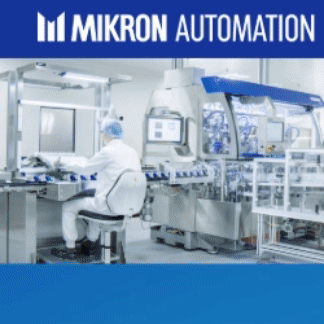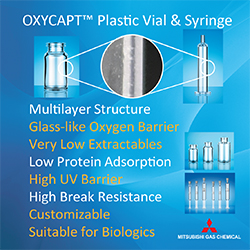NextCure & Collaborators Provide Data on Targets in Development
NextCure, Inc. recently announced new data in oral and poster presentations at the American Society of Hematology (ASH) annual meeting in Atlanta, GA, and on a virtual platform. The data come from preclinical research studies in collaboration with Emory University evaluating the role of Siglec-15 (S15) in B cell acute lymphoblastic leukemia (B-ALL) and the potential to target S15 in childhood leukemia, and from preclinical research studies conducted in collaboration with Vanderbilt University evaluating the impact of LAIR-1 expression on acute myeloid leukemia (AML) blasts and the use of LAIR-1 monoclonal antibodies in AML therapy.
“We have been exploring with collaborators the potential of novel treatments targeting Siglec-15 and LAIR-1 for hematologic indications. This research has led to the development of NC525, a monoclonal antibody against LAIR-1 with specific applications in AML and other hematologic malignancies,” said Han Myint, MD, NextCure’s Chief Medical Officer. “Data from both studies showcase encouraging signs that our therapeutic approaches could be beneficial for patients with multiple aggressive forms of leukemia. We continue to advance new research programs along with our ongoing clinical evaluation of NC318, NC410 and NC762, in solid tumors, and remain motivated to identify new treatment solutions for patients who need them.”
Details of the presentations are below:
Siglec-15 is a Novel Immunomodulatory Protein and Therapeutic Target in Acute Lymphoblastic Leukemia
Because S15 is widely expressed in hematologic malignancies and has been observed to suppress T cell effector and memory population expansion on leukemia cells, it has potential as a target in the treatment of aggressive, refractory pediatric B-ALL. In addition, our collaborators have found that a biomarker of interest, soluble S15 (sS15), circulates at higher levels in the plasma of pediatric B-ALL patients compared to healthy donors. In this study, researchers knocked out S15 in a murine model of both immunocompetent and immunodeficient B-ALL cells. Highlights include:
- Results suggest S15 is a novel, potent immunosuppressive molecule that may be targeted therapeutically to activate T lymphocytes against leukemia cells.
- S15 demonstrated the capacity to promote immunosuppressive effects at both marrow-localized and systemic levels.
- S15 knockout in a murine model resulted in leukemia clearance in immunocompetent recipients and 100% survival across all recipients.
A Novel LAIR-1 Antibody Selectively Targets Acute Myeloid Leukemia (AML) Stem Cells
AML patients who do not respond to standard-of-care (SOC) treatment face a lack of therapeutic options and a likelihood of relapse due to persistent chemotherapy-resistant leukemia stem cells (LSCs). Because AML LSCs and blast cells are characterized by high expression of LAIR-1, a checkpoint receptor that delimits immune cell activation, targeting LAIR-1 has potential to promote immune responses in these patients. We developed a LAIR-1 monoclonal antibody (mAb) to disrupt LAIR-1 mediated survival signaling. Highlights include:
- The LAIR-1 mAb was shown to preferentially target and kill LAIR-1 expressing AML LSCs and blast cells.
- The mAb exerts its anti-tumor activity via disruption of survival signals in leukemic cells and Fc-mediated effector functions.
- The use of the mAb had minimal effect on healthy hematopoietic stem and progenitor cells (HSPCs).
NextCure is a clinical-stage biopharmaceutical company committed to discovering and developing novel, first-in-class immunomedicines to treat cancer and other immune-related diseases. Through our proprietary FIND-IO platform, we study various immune cells to discover and understand targets and structural components of immune cells and their functional impact in disease in order to develop immunomedicines. Our initial focus is to bring hope and new treatments to patients who do not respond to current cancer therapies, patients whose cancer progresses despite treatment and patients with cancer types not adequately addressed by available therapies. For more information, visit http://www.nextcure.com.
Total Page Views: 621













